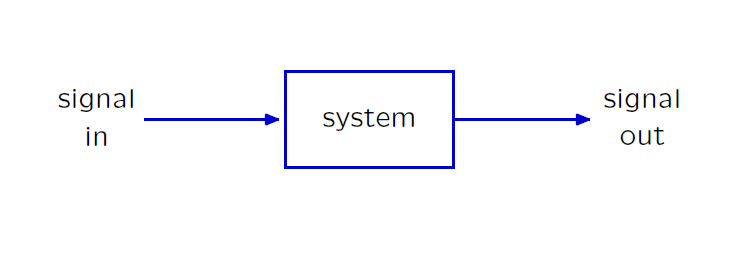Table of Contents
What is Signal?
A signal is a function that conveys information about a phenomenon. In electrical engineering, signals are typically represented as functions of time. They can be categorized into different types based on their characteristics:
- Continuous-Time Signals: These are defined for every time instance and are represented as x(t). Examples include analog signals like sinusoidal waves, audio signals, and temperature readings.
- Discrete-Time Signals: These are defined only at discrete time intervals and are represented as x[n].Examples include digital signals, such as those used in digital communication systems.
- Deterministic Signals: These signals are precisely defined and predictable. For example, a sine wave with a known frequency and amplitude.
- Random Signals: These signals have some inherent randomness and cannot be precisely predicted. Examples include noise signals in communication systems.
System
A system is a set of rules or a process that operates on a signal to produce another signal. Systems can be described by their input-output relationship. Systems in electrical engineering are often categorized based on their properties.
